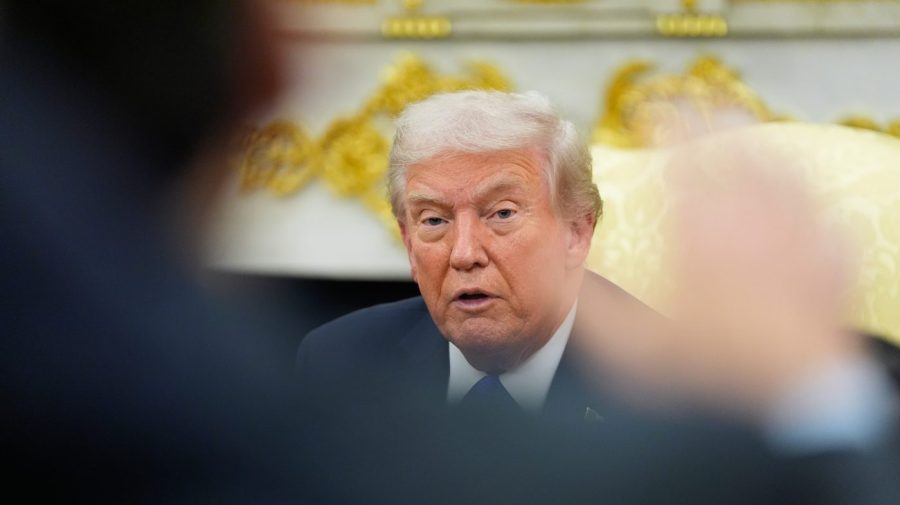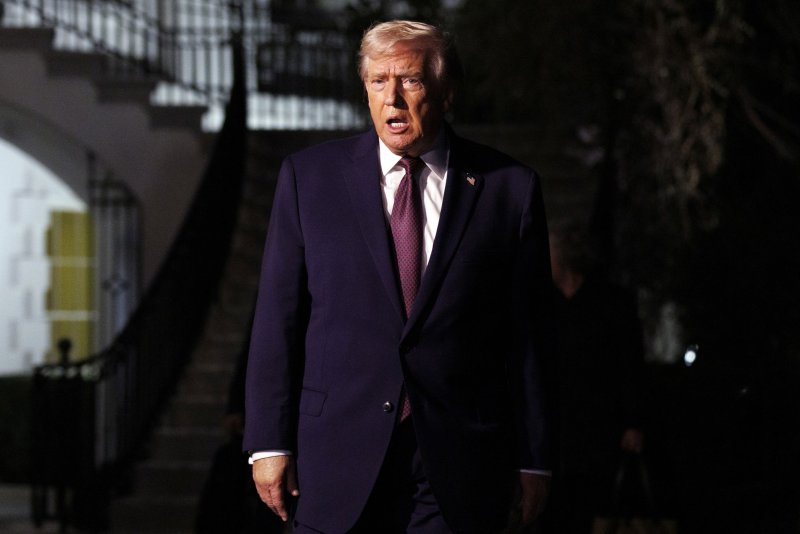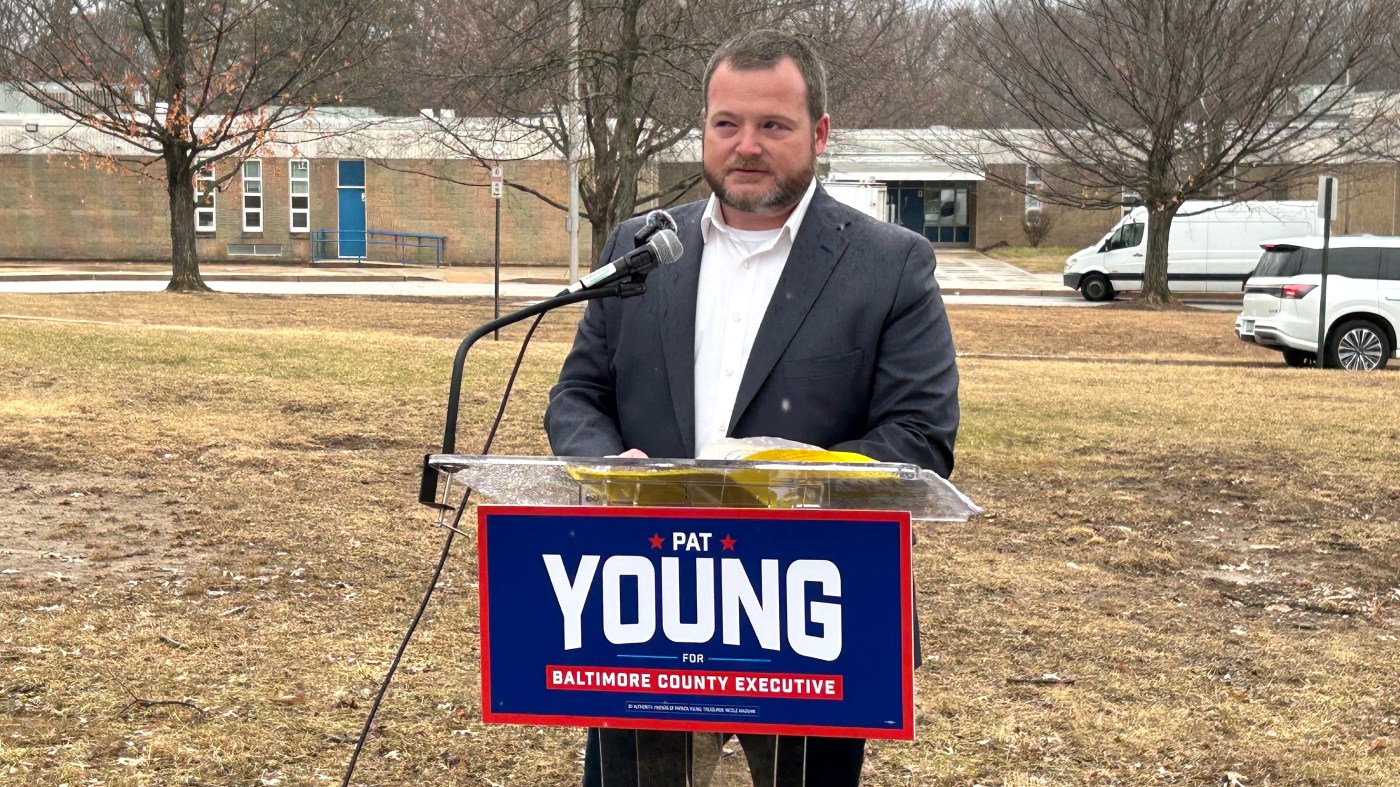Former President Donald Trump announced on Sunday that he will not attend the upcoming Supreme Court arguments concerning a case that challenges his authority to impose extensive tariffs on foreign nations. This decision comes after he had previously suggested the possibility of being present at the hearing.
In a statement, Trump emphasized, “I will not be going to the Court on Wednesday in that I do not want to distract from the importance of this decision.” His absence signals a strategic choice to allow the judicial process to unfold without any potential interruptions linked to his presence.
Background of the Tariff Case
The case before the United States Supreme Court centers on the legality of tariffs imposed by the former administration, which have been a point of contention since their introduction. These tariffs, often described as “sweeping,” have had significant economic implications not only for international trade relations but also for domestic consumers and businesses.
The tariffs, aimed primarily at countries such as China, have been challenged in lower courts, with opponents arguing that they exceed presidential powers as outlined in existing trade laws. As the Supreme Court prepares to hear arguments on this matter, the outcome could reshape the landscape of U.S. trade policy moving forward.
Trump’s decision to abstain from attending the hearing highlights the former president’s awareness of the case’s sensitivity and its potential ramifications. The Supreme Court’s ruling could affect numerous sectors, from agriculture to manufacturing, as the tariffs continue to influence market conditions.
The Implications of Trump’s Absence
By choosing not to appear, Trump may be attempting to convey a message of seriousness regarding the case. His absence may also prevent any distractions that could arise from his public persona, which has historically attracted significant media attention. This could allow the justices to focus solely on the legal arguments presented by both sides.
As the legal proceedings unfold on November 8, 2023, many stakeholders will be closely monitoring the court’s deliberations and any statements from the justices. The implications of the ruling could not only impact Trump’s legacy but also the broader framework of U.S. trade relations.
The upcoming hearings are expected to draw significant attention, reflecting the ongoing debate about executive power and its limits in the realm of international trade. As the nation anticipates the Supreme Court’s decision, Trump’s choice to remain outside the courtroom may prove pivotal in shaping public perception and the dialogue surrounding this critical issue.







